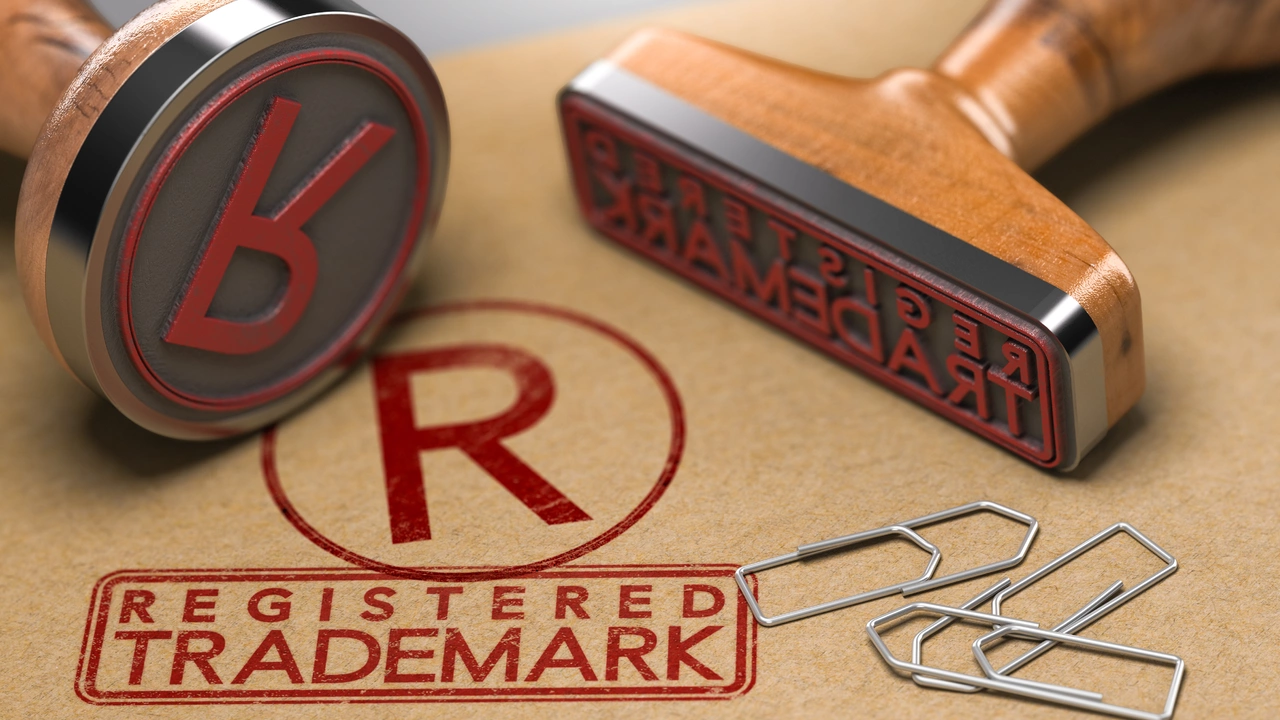What if someone has a similar word trademarked?
 Jul, 26 2023
Jul, 26 2023
Understanding the Basics of Trademark Law
In the realm of business, trademarks are a crucial part of a company's branding strategy. They are the unique symbols, words, or names that represent a company and distinguish it from others. But what happens when someone has a similar word trademarked? It's a question many entrepreneurs often ask, and the answer lies in understanding the basics of trademark law.
Trademark law is unique in that it protects a business owner's rights to their brand. When you trademark a word, phrase, or logo, you're essentially claiming exclusive rights to use it to represent your business. However, it's worth noting that trademarks are not absolute. They are subject to a number of factors, including the likelihood of confusion, the similarity of the marks, and the relatedness of the goods or services.
Dealing with Similar Trademarks
When you discover that someone has a similar word trademarked, it's natural to feel concerned. However, it's important to remember that having a similar trademark doesn't automatically mean there will be legal issues. The key factor to consider is the likelihood of confusion. If the similar trademark could confuse customers into thinking your businesses are related, then it could be a problem.
Another thing to consider when dealing with similar trademarks is the relatedness of the goods or services. If the two businesses operate in completely different sectors, the chances of confusion are significantly reduced. For instance, a clothing brand named "Apple" would likely not be confused with the tech giant of the same name.
Conducting a Trademark Search
One of the best ways to avoid potential trademark issues is to conduct a thorough trademark search before you select your business name or logo. This involves searching the U.S. Patent and Trademark Office's database to see if there are any registered trademarks that are similar to your desired trademark.
While it's possible to conduct a trademark search on your own, it can be complex and time-consuming. Therefore, many business owners choose to hire a trademark attorney to assist with the search and ensure that their desired trademark is truly unique.
Responding to a Cease and Desist Letter
If someone believes you are infringing on their trademark, they may send you a cease and desist letter. This is a formal request for you to stop using the trademark in question. It's important to take such letters seriously, but don't panic. Not all cease and desist letters result in legal action.
Upon receiving a cease and desist letter, the first step is to consult with a trademark attorney. They can provide guidance on the best course of action, which may involve conducting a more thorough trademark search, negotiating with the other party, or even challenging the validity of their trademark.
Challenging a Trademark
There may be situations where you believe a trademark is invalid or should not have been granted. In such cases, it's possible to challenge the trademark. This can be a complex process, and it's advisable to work with a trademark attorney to ensure you're taking the appropriate steps.
Challenging a trademark could involve proving that it's generic, descriptive, or deceptive, or that it's causing confusion among customers. If successful, the trademark could be cancelled or its scope could be narrowed.
Understanding the Role of a Trademark Attorney
A trademark attorney can be an invaluable resource when dealing with trademark issues. They can guide you through the process of searching for and registering a trademark, respond to cease and desist letters, and even challenge existing trademarks.
While hiring a trademark attorney can be an additional expense, it can save you a lot of time and stress in the long run. Not to mention, it can help protect your business from potential legal issues related to trademarks.
Conclusion: Navigating the Intricacies of Trademark Law
Trademark law can be complex and confusing, especially when dealing with similar trademarks. However, by understanding the basics of the law, conducting a thorough trademark search, and working with a knowledgeable trademark attorney, you can navigate these intricacies and protect your business.
Remember, having a similar trademark doesn't automatically mean there will be legal issues. The key is to assess the likelihood of confusion and the relatedness of the goods or services. And if you do receive a cease and desist letter, don't panic. Instead, consult with a trademark attorney to determine the best course of action.